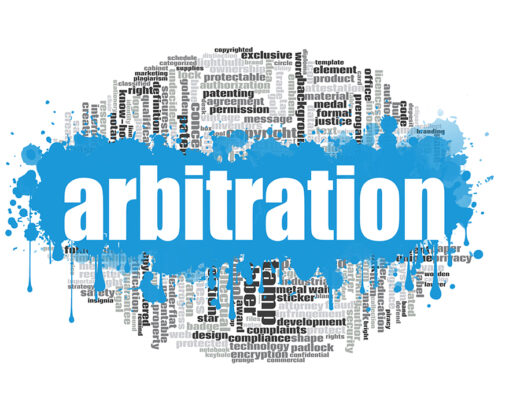
As we have discussed in prior newsletters, the rules around Private Attorney General Act (“PAGA”) claims have changed and arbitration agreements must be adjusted to reflect those changes. As background, you may recall that in Viking River Cruises v. Moriana, the United States Supreme Court held that the Federal Arbitration Act preempts California law prohibiting the division of PAGA claims into individual and representative claims (brought on behalf of other allegedly “aggrieved employees.”) As a result, arbitration agreements are now enforceable to the extent they require arbitration of individual PAGA claims, but remain invalid if construed to affect a “wholesale waiver” of PAGA claims.
In Duran v. EmployBridge Holding Co (2023) 92 Cal. App. 5th 59, the employer’s arbitration agreement contained a PAGA “carve-out” provision that read: “Claims for unemployment compensation, claims under the National Labor Relations Act, claims under PAGA, claims for workers’ compensation benefits, and any claim that is nonarbitrable under applicable state or federal law are not arbitrable under this Agreement.”
The court held that, because the agreement was construed to preclude arbitration of all PAGA claims, the employer was unable to compel arbitration of the employee’s individual PAGA claims. That is, the plaintiff’s individual claim would have otherwise been arbitrable (as allowed by Viking River) had the agreement not contained the carve-out provision which explicitly prevented all “claims under PAGA.”
Shortly after Duran came Westmoreland v. Kindercare Educ. LLC (2023) 90 Cal. App. 5th 967. In Westmoreland, the employer’s arbitration agreement included a waiver of “representative actions” but contained a clause providing that, if the waiver was found unenforceable, “then this agreement is invalid and any claim brought on a class, collective, or representative action must be filed in a court of competent jurisdiction[.]” The court referred to this waiver provision as a “poison pill,” as it simply “invalidated the agreement” instead of allowing the invalid waiver to be severed from the rest of the agreement. The court emphasized that, had the employer simply “included a waiver of representative claims” without the poison pill, “the result…could have been substantially similar to that in Viking River” (where the plaintiff’s individual PAGA claim could be severed and sent to arbitration).
Both Duran and Westmoreland show the consequences of language in arbitration agreements that lack the precision necessary for them to accomplish their purpose. These cases demonstrate the importance of carefully-crafted language in employee arbitration agreements, and why employers should frequently revisit their agreements to keep up with all legal developments.
Related practice team: Labor and Employment


